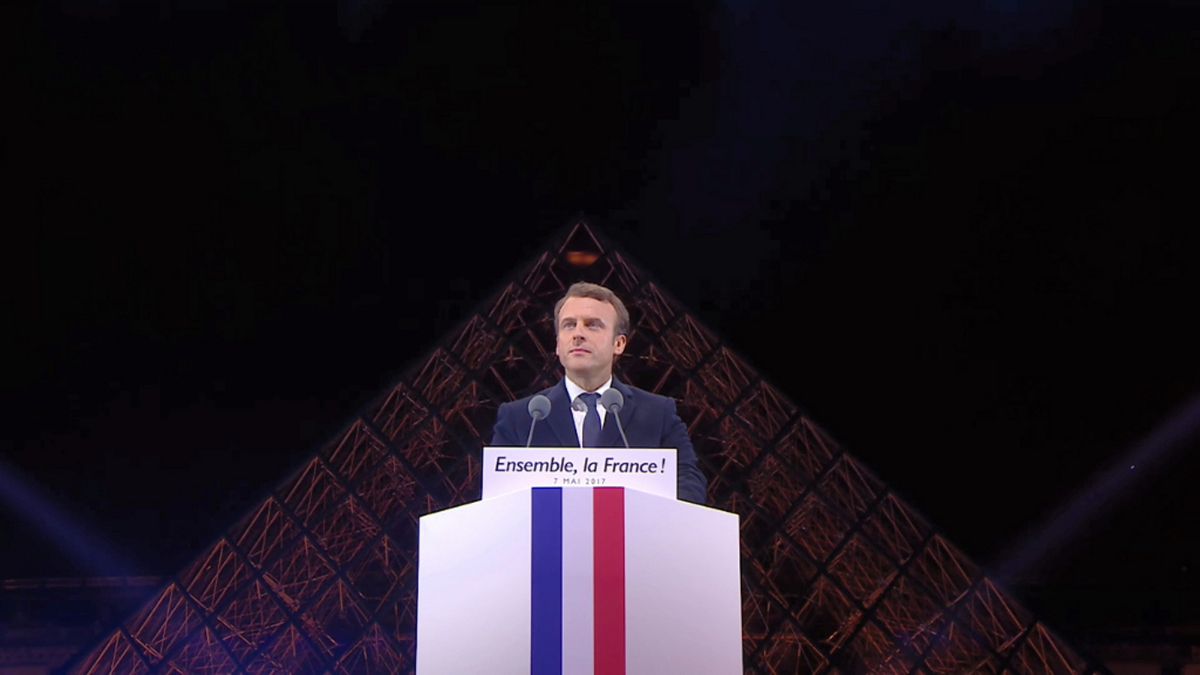Indonesia’s G20 presidency had been under pressure since last month over calls to exclude Moscow from the G20, but refused because it wanted to remain “impartial”. Others like Mexico or Brazil have also been adopting a rather neutral position.
“War is incompatible with cooperation,” French Economy Minister Bruno Le Maire declared at the opening of the G20 meeting, calling on Russia to “refrain from participating in the meetings.”
Your Russian peer, Anton Siluanov, retracted that “The G20 has always been and continues to be above all an economic forum.”
The G20 is made up of the United States, the European Union, China, the United Kingdom, France, Italy, Russia, Japan, South Korea, Germany, Canada, Brazil, Mexico, Argentina, India, Australia, Saudi Arabia, Indonesia, South Africa and Turkey.
By not getting the exclusion of Moscow, Ministers such as Treasury Secretary Janet Yellen decided to boycott sessions in which Russian officials would speak.
The Treasury secretary told attendees that she disapproved of the presence of a high-ranking Russian official at the meeting, two sources familiar with the matter told Reuters.
Yellen was one of those who walked out of the meeting, along with Bank of England Governor Andrew Bailey, among others.
For her part, the President of the European Central Bank, Christine Lagardeurged the Russian official, Deputy Finance Minister Timur Maksimov, to send Moscow a clear message: end the war in Ukraine, one of the sources said.
“This week’s meetings in Washington are aimed at sustaining the world economy, and Russia’s illegal invasion of Ukraine poses a serious threat to the world economy,” Canadian Deputy Prime Minister Chrystia Freeland also tweeted.
“Russia should not participate or be included in these meetings,” he added.
Freeeland accompanied his tweets with a photo showing which Western officials “left the G20 plenary when Russia tried to intervene.”
A source close to the US delegation said that some ministers and governors who participated in the meeting virtually “turned off their cameras.”
Unlike, German Finance Minister Christian Linder defended Berlin’s willingness to participate in all G20 sessions.
“We will not offer Russia a platform to spread its propaganda and lies,” he told reporters in Washington.
Experts see little chance that the bloc will reach a consensus at this meeting on global challenges such as climate change and debt relief for poor countries.
The Director General of the IMF, Kristalina Georgieva on Wednesday urged the G20 countries to continue their cooperation despite the tensions.
“No country can solve its problems alone. It is clear that cooperation must and will continue,” he said at a press conference.
“I think expectations should be extremely low,” he said. Matthew Goodman, of the Center for Strategic and International Studies (CSIS) based in Washington, who rules out that the countries agree on the Ukraine crisis, whose participation in this G20 meeting was claimed and obtained by the G7.
After the economic recession caused by covid-19, the global economy suffers a new blow due to the Russian invasion of its neighbor, which has triggered food and fuel prices and has caused the IMF to lower the world growth outlook to 3.6% for this year.
The American President, Joe Biden, proposed to expel Russia from the G20, but Mark Sobel, a former Treasury official and now US chairman of the Official Forum of Monetary and Financial Institutions, told AFP there was no clear mechanism to expel Moscow, which also has the support of China and India.
“I think it really raises a fundamental question about how global governance is going to be handled,” he reflected.
The split also bodes ill for the G20 Common Framework, created during the pandemic to help heavily indebted countries find a way to restructure debt, but which Sobel says is “faltering” as China and creditors from the private sector are reluctant to participate.
Sobel believes that growing disagreements between the United States and China on a number of issues unrelated to Ukraine make progress on this framework unlikely.
Source: Ambito
David William is a talented author who has made a name for himself in the world of writing. He is a professional author who writes on a wide range of topics, from general interest to opinion news. David is currently working as a writer at 24 hours worlds where he brings his unique perspective and in-depth research to his articles, making them both informative and engaging.




